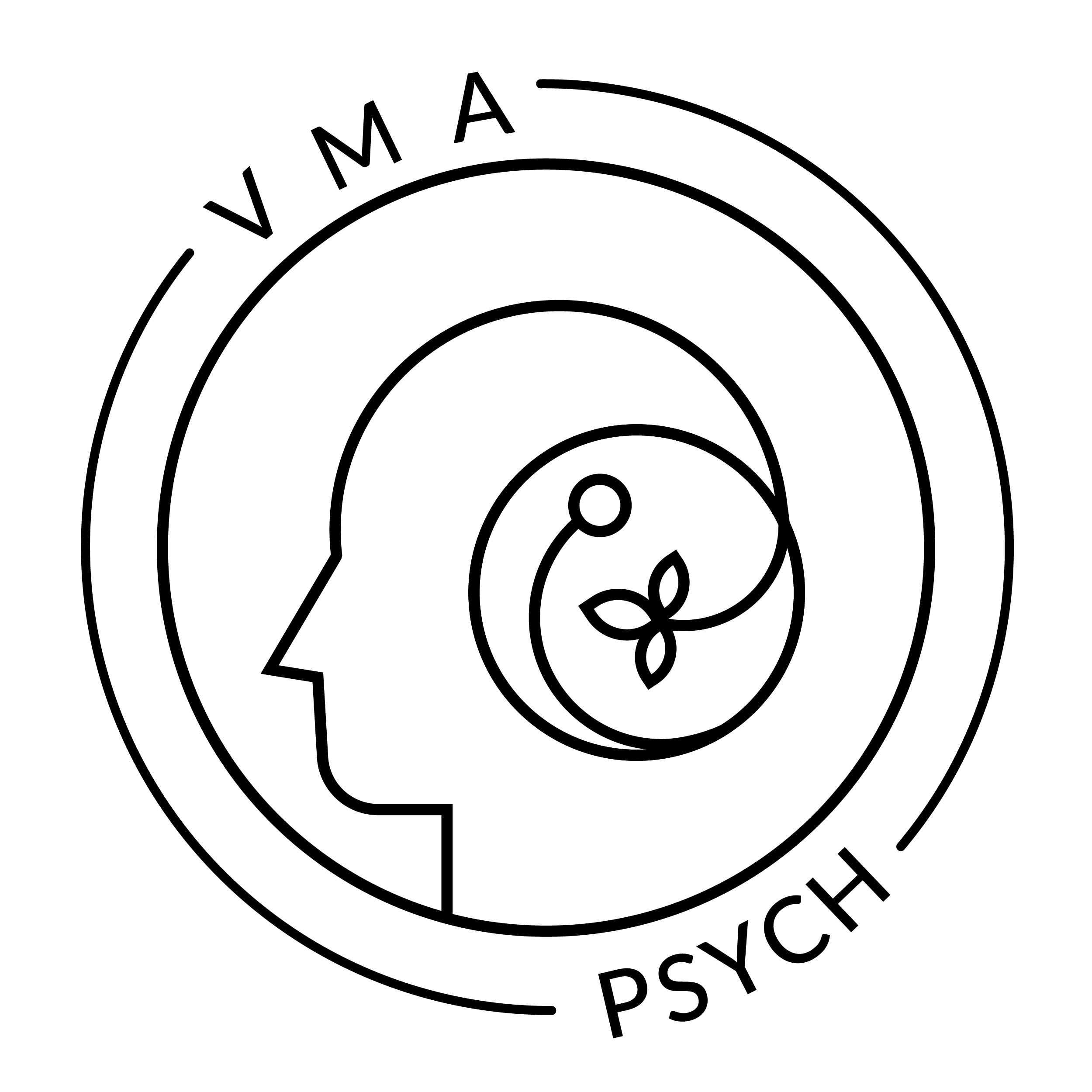Looking to understand ADHD in adults? Discover the crucial signs and symptoms that can help with diagnosis. ADHD affects various aspects of life, including work, relationships, and daily functioning. Recognizing these 17 key signs and symptoms in adults is essential for identifying ADHD in yourself or someone you know, leading to better management and improved quality of life. It is important to work with a professional for a diagnosis if you are concerned ADHD may be affecting you or a loved one.
Signs and Symptoms
1. Difficulty Focusing
Adults with ADHD often struggle to maintain attention on tasks, leading to frequent mistakes and unfinished work. This difficulty can affect job performance and daily activities, resulting in lower productivity and increased stress.
2. Disorganization
Disorganization can affect both personal and professional life, making it hard to manage responsibilities. Individuals may struggle to keep track of important documents, manage their schedule, or maintain an orderly living space.
3. Poor Time Management
Consistently running late and failing to meet deadlines due to an inability to manage time effectively. This can lead to missed appointments, last-minute rushes, and a general sense of being overwhelmed by tasks.
4. Impulsivity
Making rash decisions without considering the consequences, impacting relationships and career. Impulsivity may manifest in interrupting conversations, making hasty purchases, or engaging in risky behaviours.
5. Restlessness
A constant feeling of restlessness oran inability to relax or sit still for extended periods. This can make it difficult to engage in activities that require prolonged concentration or stillness, such as attending meetings or watching movies.
6. Trouble Starting Tasks
Procrastination and difficulty initiating tasks, often leading to last-minute rushes. This can result in stress, missed deadlines, and a buildup of uncompleted work, making it hard to maintain a consistent workflow.
7. Low Frustration Tolerance
People with ADHD can often be easily irritated or frustrated by minor annoyances, leading to frequent mood swings. This low tolerance can strain relationships and create a challenging environment at home or work.
8. Frequent Mood Swings
Rapid changes in mood without a clear trigger, affecting emotional stability. These mood swings can be confusing for the individual and those around them, complicating interpersonal relationships.
9. Forgetfulness
Frequently forgetting appointments, daily tasks, and responsibilities, which can cause significant disruption. This forgetfulness can affect both personal and professional commitments, leading to missed opportunities and increased stress.
10. Difficulty Following Through
Starting multiple projects but rarely completing them, leading to a trail of unfinished tasks. This can create a cycle of incomplete work and frustration, as well as decreased productivity.
11. Poor Listening Skills
Tuning out during conversations, missing important details or instructions. This can lead to misunderstandings and miscommunications, impacting both personal relationships and professional interactions.
12. Impaired Social Skills
Struggling to maintain social relationships due to inattentive or impulsive behaviours. This can result in difficulty making and keeping friends, and may lead to social isolation or misunderstandings.
13. Hyperfocus
Becoming so fixated on one task that other important activities are neglected. While hyperfocus can sometimes lead to high productivity, it can also cause significant disruptions in other areas of life if mismanaged.
14. Emotional Dysregulation
Individuals with ADHD often find it difficult to manage negative emotions. . Without effective coping strategies in place, such difficulties can lead to emotional instability, which can undermine relationships and overall mental health.
15. Difficulty with Stress Management
Finding it hard to cope with stress, often feeling overwhelmed by everyday challenges. This can lead to burnout and reduced ability to handle additional stressors.
16. Chronic Fatigue
Persistent tiredness, even with adequate sleep, due to the mental effort required to stay focused. This fatigue can affect daily functioning and overall quality of life.
17. Poor Self-Esteem
Struggling with low self-esteem, often stemming from chronic underachievement or difficulties in daily life. This can affect confidence and motivation, creating a cycle of self-doubt and reduced performance.
Typical Behaviour or ADHD?
Distinguishing between typical behaviour and ADHD can be challenging, as individuals present differently; what may be typical for one person may not be for another. There are a myriad of factors that should be considered when making a diagnosis, hence it is always important to speak to a professional.
Impact of ADHD
The exact causes of ADHD are not fully understood, but genetic, environmental, and neurological factors all play a role. Genetics can be a significant factor, as ADHD often runs in families. Various developmental and environmental factors often also play a role in the development and course of the disorder.
ADHD affects personal, professional, and social aspects of life. It can lead to difficulties in relationships, managing responsibilities, underachievement, job instability, and impaired social interactions. Untreated ADHD increases the risk of other mental health issues such as depression and anxiety. However, effective treatments are available.
When to See a Psychologist
If you recognize several of these symptoms in yourself or someone you know, it might be time to seek professional help. Early diagnosis and treatment are crucial for managing ADHD effectively. A psychologist can provide a thorough assessment and recommend appropriate treatment options, which may include therapy, medication, and/or lifestyle changes.
Recognizing these signs and symptoms is the first step towards managing ADHD in youth and adults. If you or someone you know exhibits these symptoms, consider reaching out to VMA Psych for an ADHD assessment. Remember, the sooner you address the symptoms, the easier it becomes to manage them effectively.
Welcome to VMA Psych.
Your trusted provider of exceptional mental health services in the GTA & beyond. Learn More
With 40+ years as Toronto's leading psychologists, we guide individuals through life's complexities, offering specialized services for a brighter future.





















